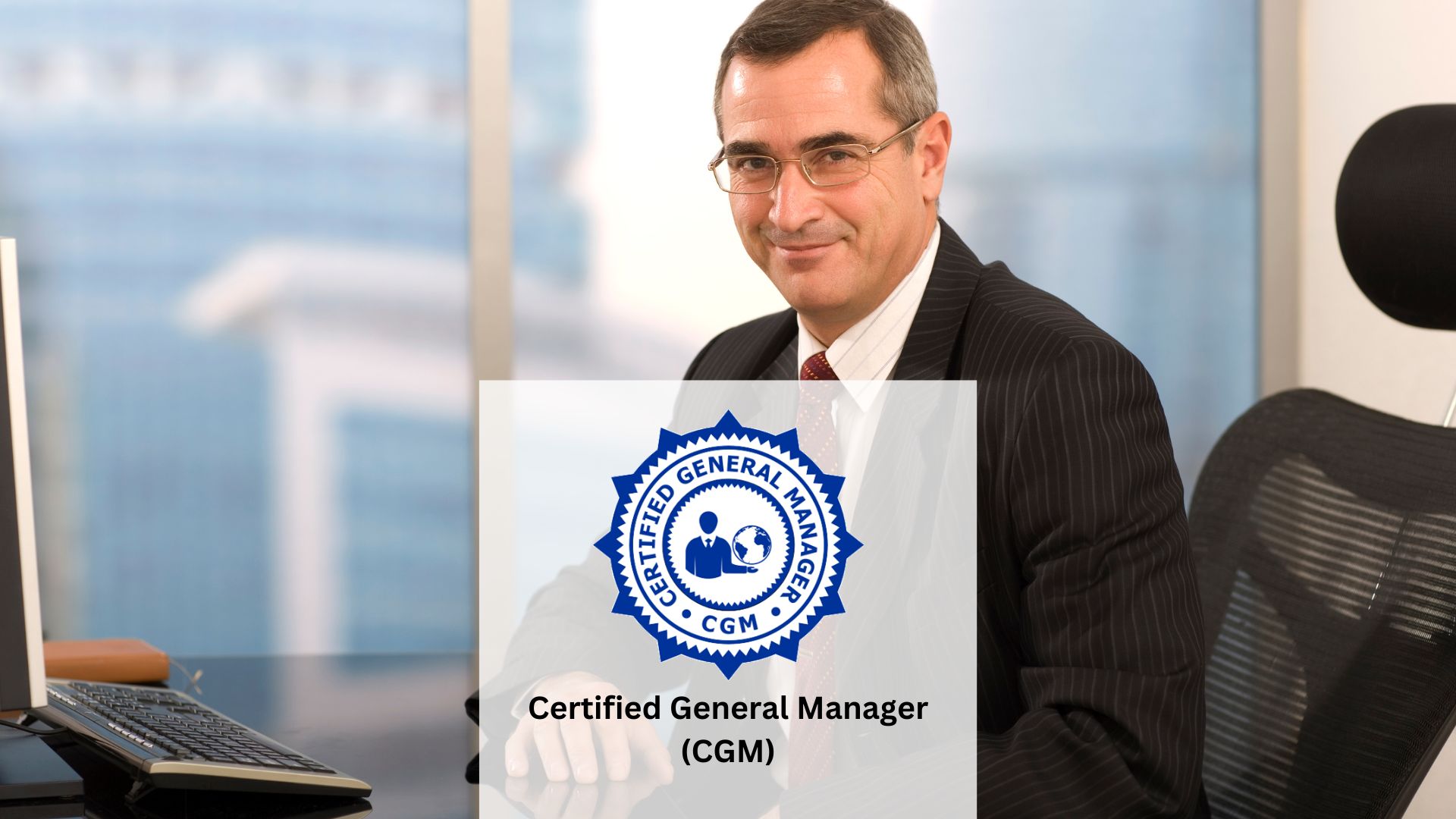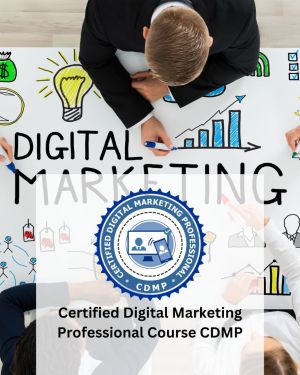General Management studies help in understanding the managerial, functional and operational demands of commercial organizations to trigger production effectively and efficiently. This subject extensively covers several topics on marketing, investment, functional administration, human resource, sales, advertising etc. Imbibing the core tenets of this module will enable transformation into an effective business manager to understand the nuances of optimizing capital growth.
General Management and further develop the key concepts, principles and practices of management that will enable learners to lead, manage, organize and control first line managers and team leaders.
The learners will typically be managers who have other junior managers or team leaders reporting to them. In smaller organizations or entities, the managers could primarily be responsible for managing the supervisors and staff within their section, division or business unit.
The scope of generic management covers five domains: leadership, managing the environment, managing relations, managing knowledge and the practice of management. This Certification addresses each of these domains with generic competencies, so that it allows learning programmes to be contextualized for specific sectors and industries.
Certified General Manager (CGM)® Certification provides opportunities for learners to transfer between various specializations within management. This leads to the strengthening of management competencies and will enable managers at this level to manage systems, processes, resources, managers, and teams in their various occupations and contexts.
This qualification is further intended to empower learners to acquire the knowledge, skills, attitudes and values required to operate confidently as individuals in international communities and to respond to the challenging economic environment and constantly changing world of work.
Ultimately, this qualification is aimed at improving the effectiveness and leadership abilities of middle managers in various occupations globally, in private and public business entities as well as non-governmental organizations. For this reason, the word ‘entity’ includes a company, business unit, public institution, small business or non-profit organization.
E-Course Duration: 30 to 35 Hours
Exam Pattern: The exam comprises of 100 Multiple Choice Questions out of which the candidate needs to score 75% (75 out of 100 correct) to pass the exam.
Duration of the Exam: The total duration of the exam is 2 hours (120 Minutes).
Exam Format: The exam is conducted in a non-proctored mode and can be taken anytime and anywhere within an eight-month validity period.
- Upon purchasing the Premium Package or an Exam Voucher Code, a voucher code with two attempts will be assigned to your login profile under the “My Vouchers” tab. You can then take the exam through the “My Exam(s)” tab in your profile. To take the exam, simply apply the voucher code.
Retaking of the exam: The Exam Voucher included in the Premium Package or purchased separately is valid for two (2) attempts. If you are unable to pass the exam within these two attempts, you can purchase a new voucher code, which will grant you an additional two attempts. - Kindly Note: The voucher will not be valid for a second attempt if you pass the exam on your first attempt.
Certification Validity: The Certified General Manager (CGM)® Certificate is valid for life.
Course Outline
Module 1 – People Management
- Build teams to achieve goals and objectives;
- Lead people development and talent management;
- Devise and apply strategies to establish and maintain workplace relationships;
- Manage a diverse workforce to add value;
- Apply the principles of ethics to improve organizational culture.
Module 2 – Workplace Management
- Develop, implement and evaluate an operational plan;
- Formulate recommendations for a change process;
- Analyze leadership and related theories in a work context;
- Apply mathematical analysis to economic and financial information;
- Use communication techniques effectively.
Module 3 – Decision Making
- Apply a systems approach to decision making;
- Apply the principles of knowledge management;
- Create and manage an environment that promotes innovation;
- Monitor and evaluate team members against performance standards;
- Monitor, assess and manage risk;
- Select and coach first line managers.
Module 4 – Unit Management
- Develop, implement and evaluate a project plan;
- Manage the finances of a unit;
- Recognize areas in need of change, make recommendations and implement change in the team, department or division;
- Develop and implement a strategy and action plans for a team, department or division;
- Apply financial analysis.
Module 5 – Strategic Management
- Evaluate and plan the role of self as leader in a function
- Manage relationships with strategic partners to improve the performance of a function
- Manage the information and institutional knowledge within a function
- Manage and improve communication processes in a function
- Appraise, develop and retain human capital for a function
Target Audience
The CGM® Certification is aimed at potential managers, entrepreneurs and investment professionals who are interested in addressing the needs of low-income populations, especially in developing countries. The course seeks to provide an understanding of how business approaches can address low-income markets that represent the largest components of developing economies, both in numbers of people as well as total income. The course materials explore the commercial viability of such markets and looks at the impact of such commercial approaches on the social development of the populations involved, as well as the profits of the enterprise.









